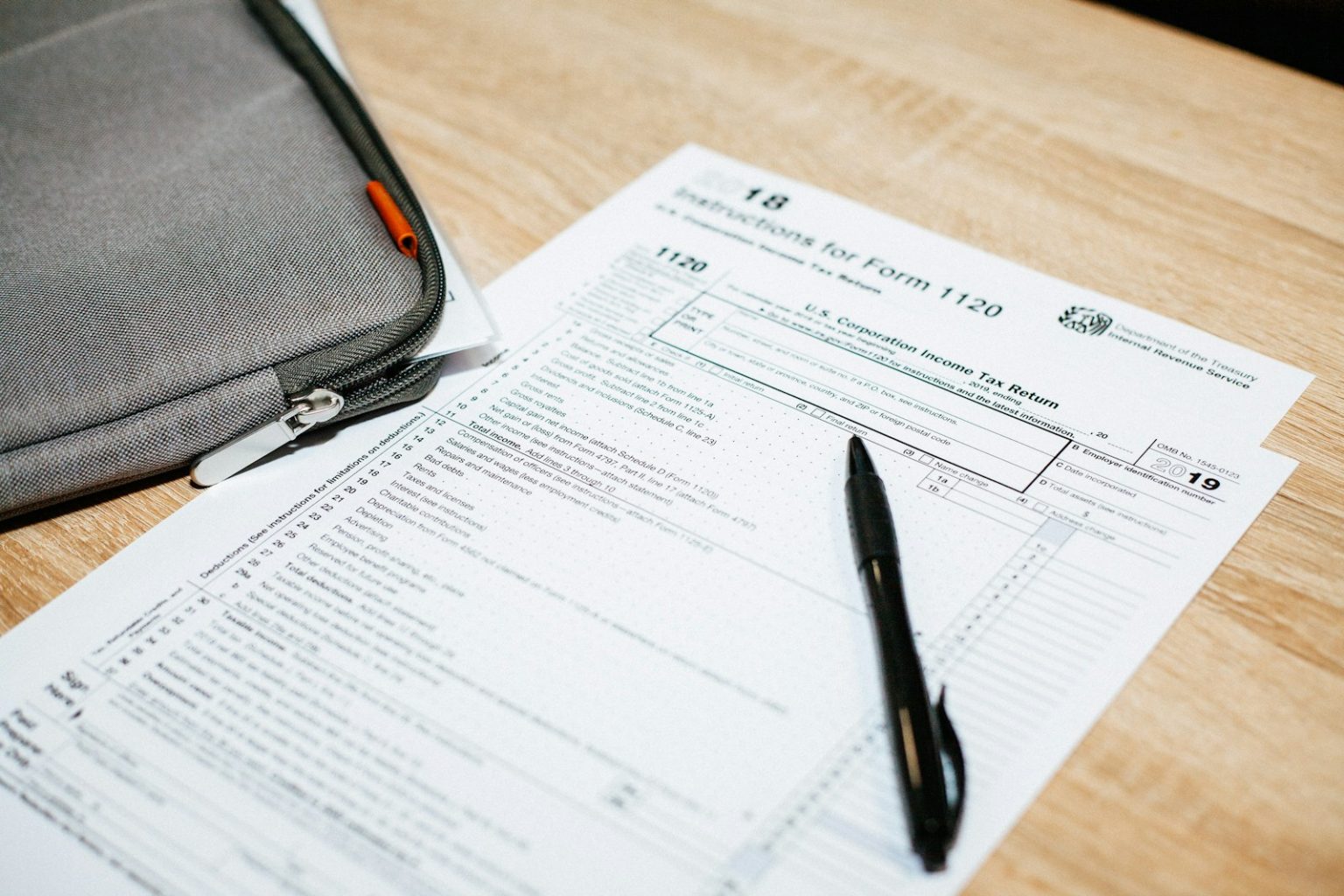The Internal Revenue Service (IRS) has extended the federal tax filing deadline for North Carolina residents to September 25, 2024. This extension is in response to the lingering impacts of recent disasters, including those caused by Tropical Storm Helene. North Carolinians living in counties that have received a federal disaster declaration due to Helene will automatically benefit from this extension and do not need to contact the IRS to receive this relief.
However, while the filing deadline is extended, interest on owed taxes may start accruing from April 1 unless you reside in one of the designated disaster areas. The state of North Carolina has also pushed its tax filing deadline to May 1. Residents should be aware that interest on state taxes may begin to accrue unless they live in specified disaster areas.
The North Carolina counties granted a disaster declaration due to Helene include: Alexander, Alleghany, Ashe, Avery, Buncombe, Burke, Caldwell, Catawba, Clay, Cleveland, Gaston, Haywood, Henderson, Jackson, Lincoln, Macon, Madison, McDowell, Mitchell, Polk, Rutherford, Swain, Transylvania, Watauga, Wilkes, and Yancey. The Eastern Band of Cherokee Indians has also received a disaster declaration. For taxpayers in these affected areas, the IRS will automatically apply the filing and penalty relief, enabling them to manage their finances without additional pressure during the recovery period.
The deadline for filing tax returns in the United States was April 15, 2025. Taxpayers who missed this deadline now face penalties imposed by the IRS. Filing a tax return late can result in significant financial consequences that grow month by month.
The IRS applies two main types of penalties for late filing:
1. Fine for Not Filing the Return on Time: The IRS charges a penalty of 5% of the unpaid tax for each month or part of a month that the return is late, up to a maximum of 25% of the total tax due. 2.
Fine for Not Paying on Time: In addition to the late filing penalty, there is a penalty of 0.5% per month on the total outstanding tax, also up to a maximum of 25%. If no tax is owed, no penalty is applied. However, if money was due to the IRS and the return was not filed, the penalties increase the longer the delay.
If you have not yet filed your 2024 tax return, immediate action is necessary. Each additional month adds new penalties, so filing now will help reduce the overall impact. There are several options available:
– Negotiate a Payment Plan: It is possible to negotiate an installment plan with the IRS to pay the debt over time.
– Request Penalty Relief: If this is the first time you have made a mistake, or if there is a reasonable cause for the delay — such as illness, loss of documents, or a natural disaster — you may request a reduction or elimination of the fines. – Claiming a Refund: If you are entitled to a refund, you have up to three years to file your return and claim it. However, if you owe a debt, it is advisable to file as soon as possible, even if you cannot pay immediately.
Irs extends North Carolina deadline
The IRS prefers dealing with cooperative taxpayers over those who avoid communication. North Carolinians now have even longer to file their 2024 tax returns.
Tar Heel taxpayers were already granted a May 1 extension to file and pay their 2024 taxes due to the devastating impacts from Hurricane Helene. This latest extension moves the due date to Sept. 25, 2025.
The new deadline applies to individuals and households who live in or operate a business anywhere in the state. The tax relief postpones various tax filing and payment deadlines that occurred from Sept. 25, 2024, through Sept.
25, 2025. The relief applies to a wide range of deadlines, including:
– Individual income tax returns and payments normally due on April 15, 2025. – 2024 contributions to IRAs and health savings accounts for eligible taxpayers.
– 2024 quarterly estimated tax payments normally due on Jan. 15, 2025, and 2025 estimated tax payments normally due on April 15, June 16, and Sept. 15, 2025.
– Quarterly payroll and excise tax returns normally due on Oct. 31, 2024, and Jan. 31, April 30, and July 31, 2025.
– Calendar-year corporation and fiduciary returns and payments normally due on April 15, 2025. – Calendar-year tax-exempt organization returns normally due on May 15, 2025. – Filers of forms 990, 1040, 1041, and 1120 with a valid extension for tax year 2023.
Please note, the payments on these returns are not eligible because they were due last spring before the hurricane. Anyone needing an extension beyond the new Sept. 25, 2025, deadline must request it.
IRS officials said extension requests cannot be filed electronically—they must be submitted by paper.
Photo by; Leon Dewiwje on Unsplash

